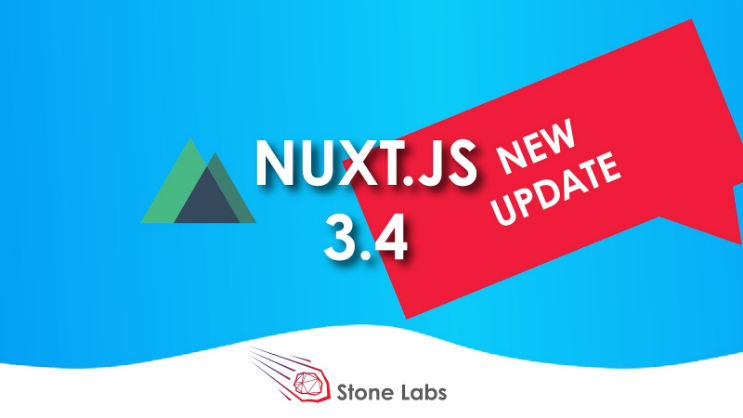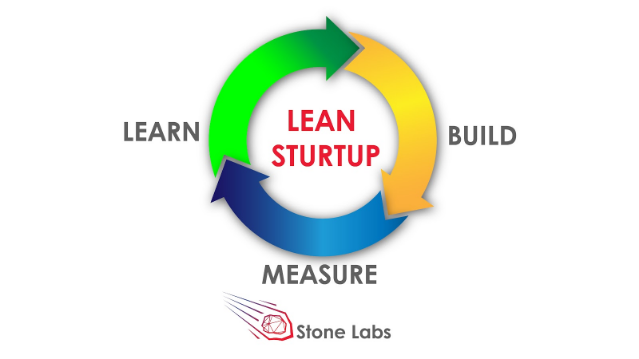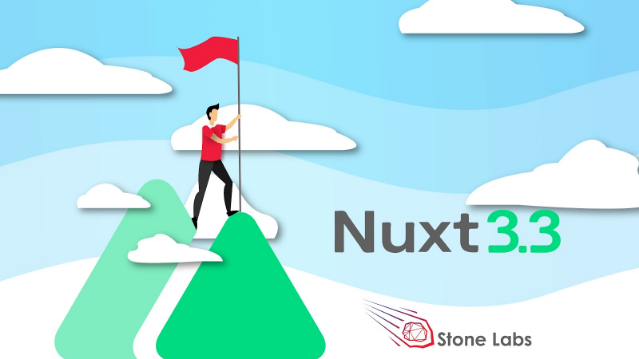Stone Labs is pleased to share the exciting news from Nuxt team – they’ve just released a new version (3.4), which comes with exciting new features.
One of the new features in Nuxt 3.4 is support for the View Transitions API. This new API allows for native browser transitions between unrelated elements on different pages. Nuxt now ships with an experimental implementation of this API, which will be under active development during the v3.4 release cycle. This feature can be used by Stone Labs to create more seamless transitions between pages in their web applications, providing a better user experience for their clients.
Nuxt 3.4 also comes with enhanced payload handling. Payloads are used to send data from the server to the client during SSR and avoid double data-fetching during the hydration phase. Preliminary testing shows a significant speed-up of 25% faster in total server response time for a very minimal app with a large JSON payload. Stone Labs can leverage this feature to create web applications with faster server response times and better overall performance.
Another new feature in Nuxt 3.4 is object-syntax Nuxt plugins. This allows for better control over plugin order and easier registration of hooks. Stone Labs can use this feature to streamline their plugin registration process and improve the performance of their web applications.
Nuxt 3.4 also includes improvements to Devtools configuration, making it even easier to enable Nuxt DevTools in a project. Setting devtools: true in the nuxt.config file will enable devtools, and Nuxt will prompt to install it locally if it is not already installed. Stone Labs can use this feature to improve their debugging process and make it easier to identify and fix bugs in their web applications.
Layers improvements are another new feature in Nuxt 3.4. Transforming ~/~~/@/@@ aliases within layers means that it is now much easier to use a ‘normal’ Nuxt project as a layer without needing to specially write it as one. This feature can be used by Stone Labs to create more flexible and modular web applications.
In addition to these new features, Nuxt 3.4 also includes “breaking fixes.” These fixes include changes to the x-nuxt-no-ssr header behavior, the removal of the #head alias and the polyfill for @vueuse/head behavior, and the removal of the experimental.viteNode option.
In conclusion, Nuxt 3.4 is a significant update that brings several exciting new features and improvements to the framework. Stone Labs can leverage these features to create faster, more flexible, and more robust web applications. Nuxt is a great technology for custom software product development, and its latest version is a testament to the framework’s continued innovation and development.



